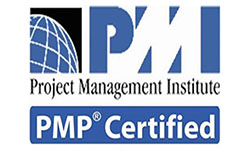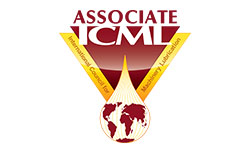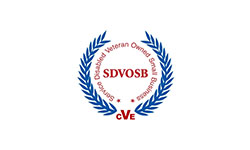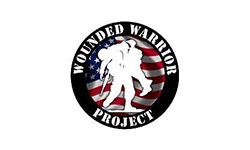This course is structured to help companies fulfill requirements outlined in OSHA 29 CFR Part 1910, Subpart S Electrical and NFPA 70E® “Standard for Electrical Safety in the Workplace,” which requires instructor-led training for anyone working with electrically energized equipment.
This program is designed to reduce employer liability while establishing a culture of safe work practices among employees; it is a key component of any electrical training program.
A qualified person is defined as one who has the skills and knowledge related to the construction and operation of electrical equipment and installations and has received safety training to recognize and avoid the electrical hazards that might be present with respect to that equipment or work method. This person must receive additional training and demonstrate proficiency in working on exposed energized equipment, recognizing the hazards associated with the task or job, and taking precautions to prevent injury or death.
Course content includes:
- Fundamental electrical concepts
- Hazard control measures
- Electrical industry safety standards
This course will help you identify circumstances that can create arc flashes to reduce the risk of electrical injuries. An “arc flash” results from a large-scale short-circuit that causes electricity to leave its intended path and travel through the air from one conductor to another or to the ground. It’s better to prevent an arc flash than live through one. Injuries include shrapnel penetration, burns, blindness, hearing loss, and cardiac arrest, some of which are not survivable. It is critical that workers understand arc flash risks and how to prevent them.
Course Duration: 8 hours (1 day)
Public Course Investment: $995 per student
On-site Course Investment: Contact TPS










